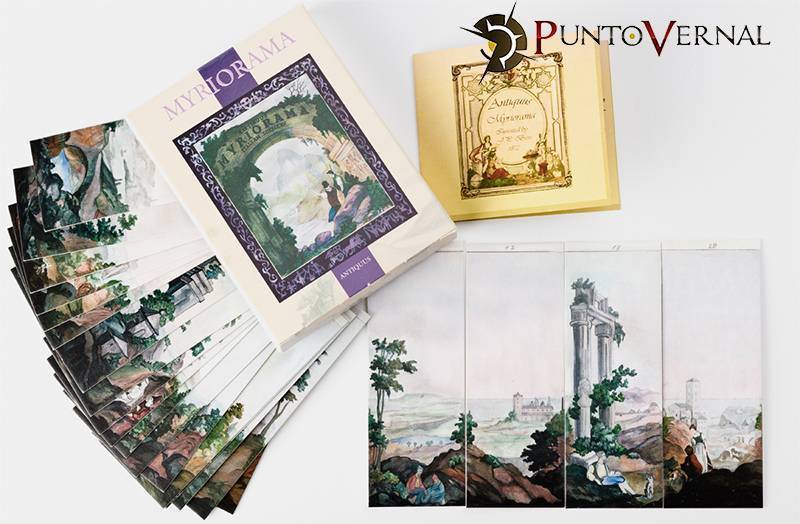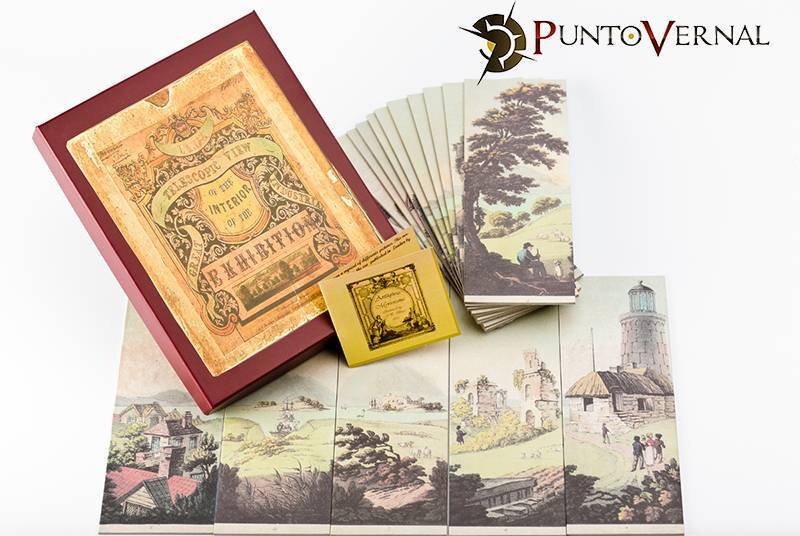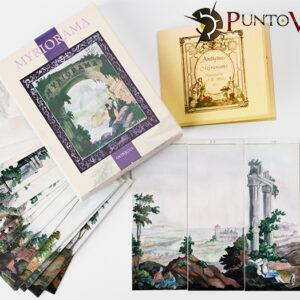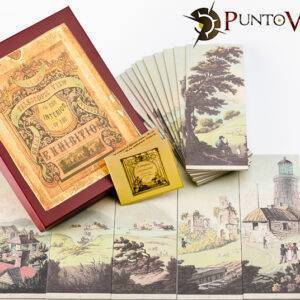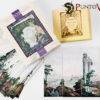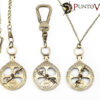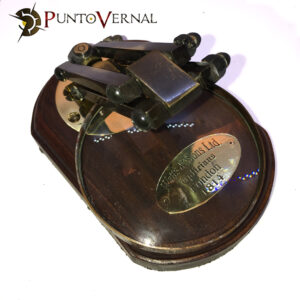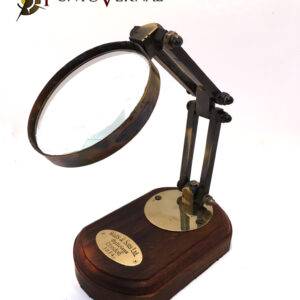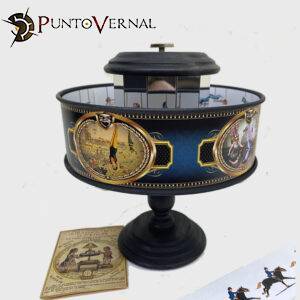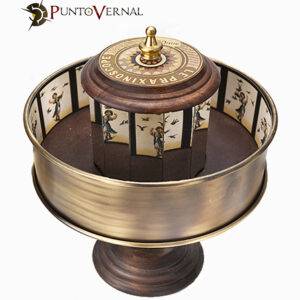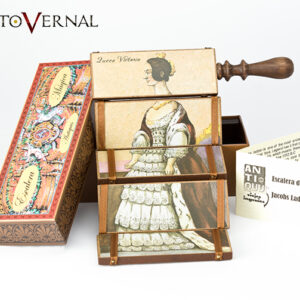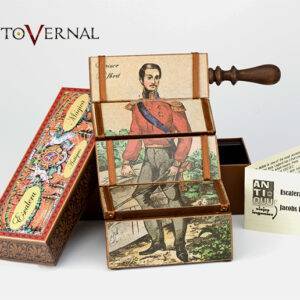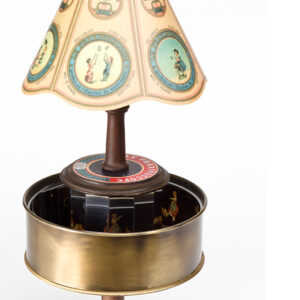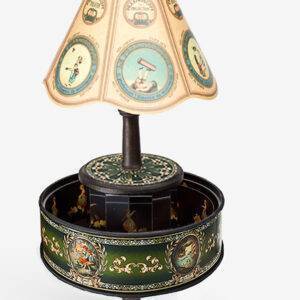MYRIORAMA SET
Myriorama set. was a popular pastime during the 19th century. The first references to it date back to 1830 in the city of Leipzig (Germany), and it subsequently spread throughout Europe throughout the 19th century.
It consists of a collection of illustrated cards with fragments of a scene, usually a landscape. Each card is drawn in such a way that the lines of the image on the sides match those of any other card, and can therefore be combined randomly with each other. In this way, it is possible to construct continuous images by arranging the cards in a row, one next to the other, in any order.
The number of different images that can be constructed with a miriorama is given by the number n of possible permutations for the cards, where n is the number of cards that make up the miriorama.
This quantity, the factorial of n, is astronomical even for relatively small values of n and hence the origin of the word miriorma whose origin “myriad” means a very large and indeterminate number of things, in this case different landscapes. It is accompanied by a brief historical account.
We have two sizes:
Miriorama
Composed of 16 thick cardboard boards 18.5 x 7.5 cm each
Presented in a nice illustrated cardboard case
Minimiriorama
Composed of 24 cardboard boards 9.5 X 3.5 cm each.
Presented in an illustrated cardboard case.
VAT INCLUDED
https://en.wikipedia.org/wiki/Myriorama_(cards)

